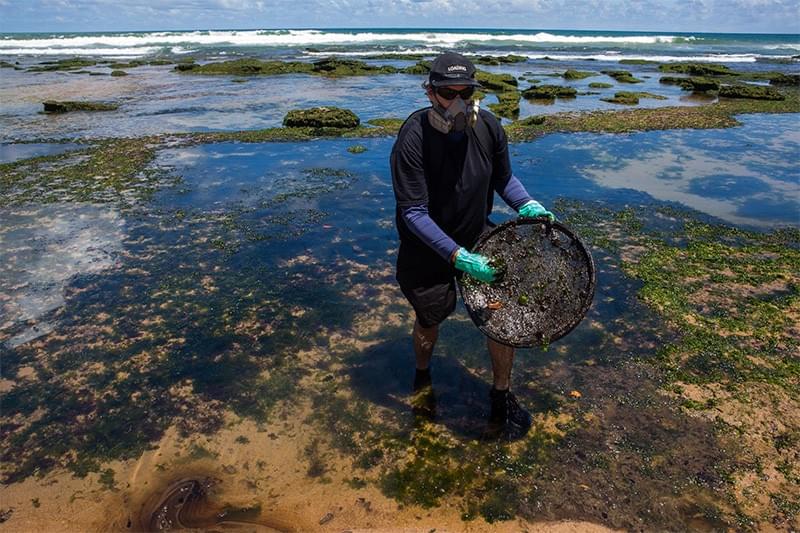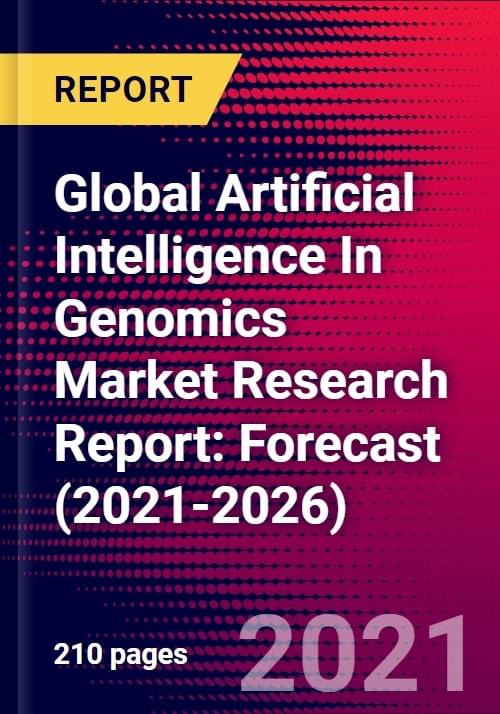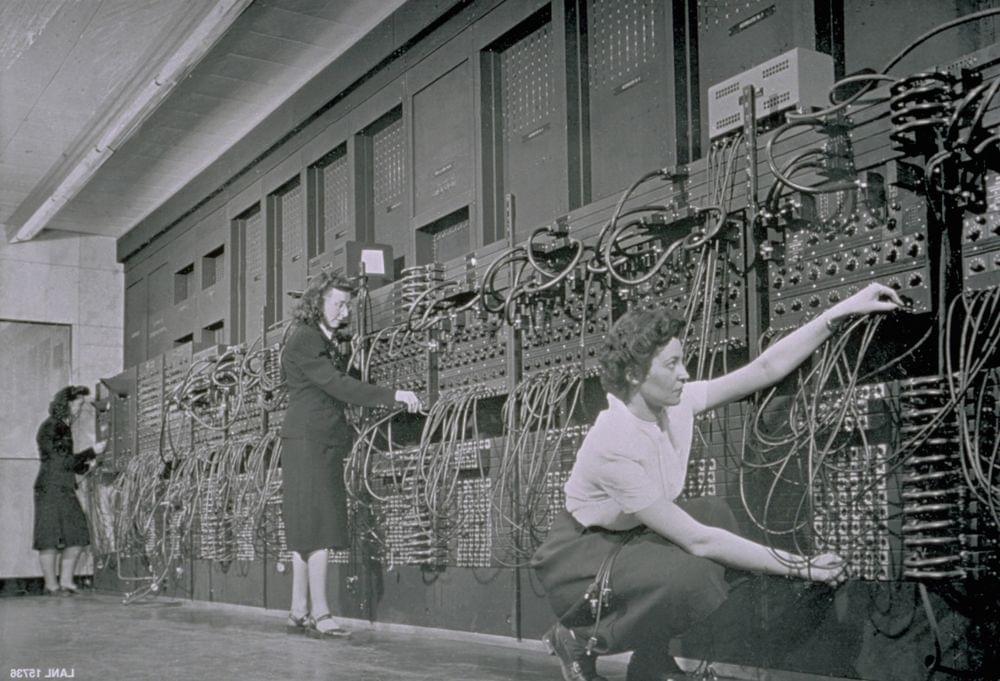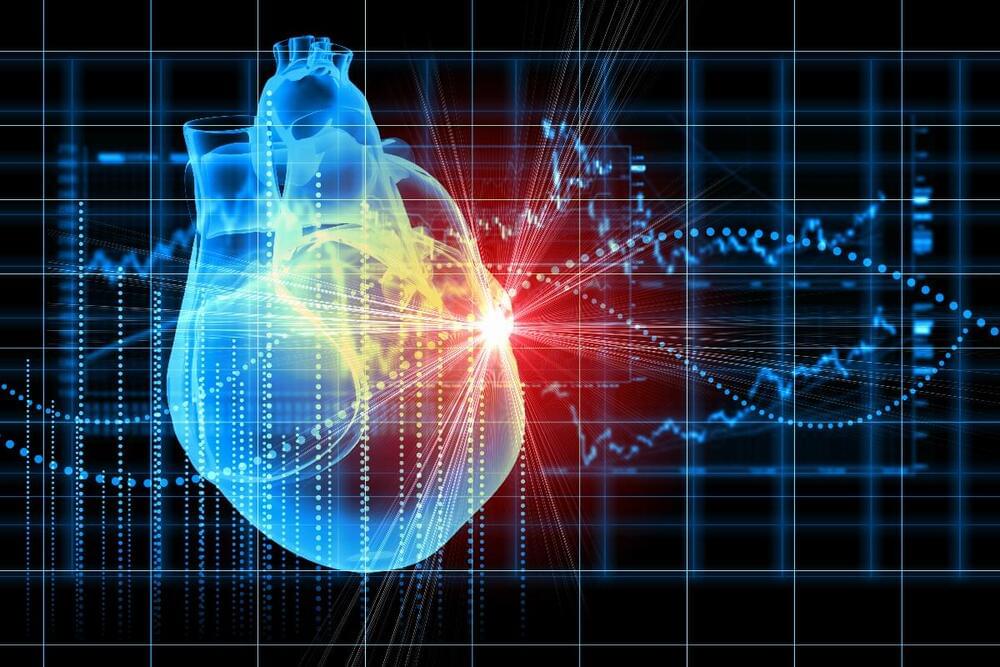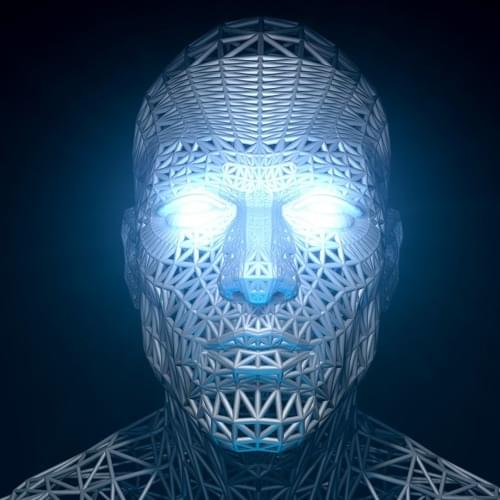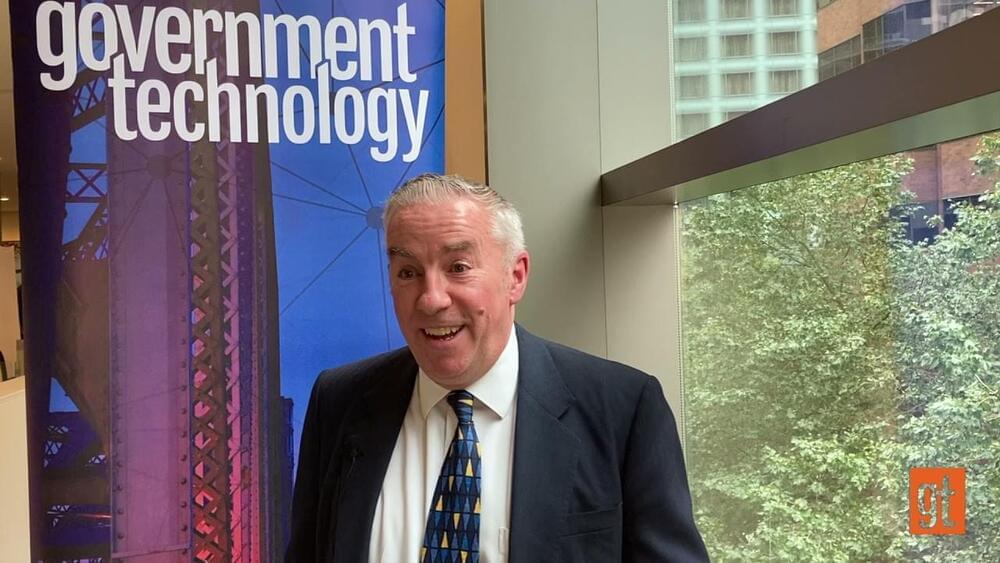Scientists are getting closer to being able to spot Hawking radiation – that elusive thermal radiation thought to be produced by a black hole’s event horizon. Just understanding the concept of this radiation is tricky though, let alone finding it.
A new proposal suggests creating a special kind of quantum circuit to act as a ‘black hole laser’, essentially simulating some of the properties of a black hole. As with previous studies, the idea is that experts can observe and study Hawking radiation without actually having to look at any real black holes.
The basic principle is relatively straightforward. Black holes are objects that warp spacetime so much, not even a wave of light can escape. Swap spacetime for some other material (such as water) and make it flow quickly enough so that waves passing through are too slow to escape, and you’ve got yourself a fairly rudimentary model.




